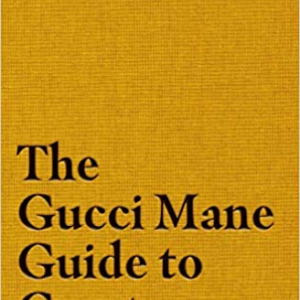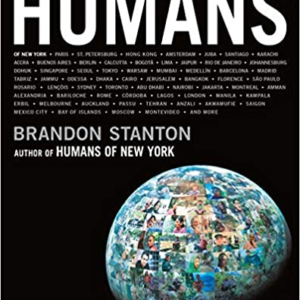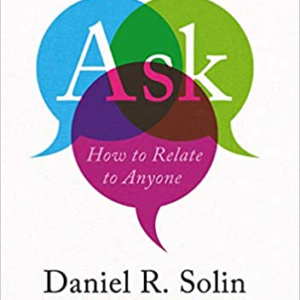Sea of Troubles: The European Conquest of the Islamic Mediterranean c1750–1918 Hardcover – Illustrated, February 8, 2022 by Ian Rutledge
HARDCOVER
[384 pages]
PUB: February 08, 2022
Description
Author: Rutledge Ian
Brand: Saqi Books
Edition: Illustrated
Format: Illustrated
Package Dimensions: 0x234x788
Number Of Pages: 384
Release Date: 08-02-2022
Details: Product Description
In the second half of the eighteenth century, approximately three quarters of the Mediterranean coastline and its hinterlands were controlled by a vast Islamic power, the centuries-old Ottoman Empire. However, by the end of the First World War in November 1918, this great civilization-once regarded by Christian Europe with awe and fear-had been completely subjugated, its territories occupied by European powers.
The history of imperialism in the Mediterranean involves not one but six European powers-Britain, France, Italy, Spain, Austria-Hungary, and Russia- jostling for control of the trade, lands, and wealth of those they saw as the existential “other.” The competition between these states made their conquest of the Islamic Mediterranean a far more difficult and extended task than they encountered elsewhere in the world. Yet, as new contenders entered the contest, and as the rivalries in the Mediterranean intensified in the early twentieth century, events would spiral out of control as the continent headed towards the First World War.
Set against a background of intense imperial rivalry,
Sea of Troubles is the first definitive account of the European conquest of the Levant and North Africa in the last three centuries.
Review
Praise for Enemy on the Euphrates
‘
Enemy on the Euphrates is that rare treasure that combines a fascinating account of important historical events with penetrating geopolitical analysis. Anyone seeking an understanding of the role of oil in shaping modern Middle Eastern history will want to read this book.’
Michael Klare, author of The Race for What’s Left: The Global Scramble for the World’s Last Resources
‘
Enemy on the Euphrates is a lively and well-researched account of the events leading up to the Iraqi ‘revolution’ of 1920, using a number of hitherto unused British and Arabic sources. The leading Arab and British personalities are well-drawn, and the narrow moral universe of the British administrators is especially well portrayed. The description of the military campaign is masterful, and the narrative of the campaign maintains a high level of suspense.’
Peter Sluglett, author of Britain in Iraq: Contriving King and Country
‘Ian Rutledge’s brilliant book reveals the folly and delusion of invading Iraq. Read it and shudder’
Nicholas Rankin, author of Churchill’s Wizards: The British Genius for Deception 1914-1945 ‘Fascinating, lively and very readable … This gripping narrative brings to life the human side of these violent events and of the developments that preceded them through some vivid descriptions and highly relevant anecdotes’ Charles Tripp, author of The Power and the People: Paths of Resistance in the Middle East ‘Material with acute relevance to the crisis now tearing Iraq to pieces’ Robert Fisk, Independent ‘Readers will find plenty of food for thought in Ian Rutledge’s well-crafted and lively account … This timely book delves into the early, troubled history of British controlled Iraq … While offering abundant detail on military operations, lines of communications and warfare tactics, Enemy on the Euphrates also makes for a very lively and human-centred read of imperial history. Populated by a remarkable crowd of spies, diplomats, soldiers, clerics and tribal leaders, Rutledge’s account displays a novelist’s taste for intrigue, espionage, gunboat diplomacy, personal hardship and murder.’ BBC History Magazine ‘Rutledge does an excellent job of conveying the logistical difficulties confronting any military leadership … deserving of a wide readership’ Middle East Journal ‘A vivid book … an excellently produced book that admirably succeeds in illuminating an important episode in British imperial history’ History Today ‘Compelling, rich with such colorful personalities as Winston Churchill, Gertrude Bell and T. E. Lawrence’ Saudi Aramco World ‘Well-researched, well-written and very useful contribution to the understanding of modern I
Be the first to review “Sea of Troubles: The European Conquest of the Islamic Mediterranean c1750–1918 Hardcover – Illustrated, February 8, 2022 by Ian Rutledge”
You must be <a href="https://webdelico.com/my-account/">logged in</a> to post a review.

























There are no reviews yet.